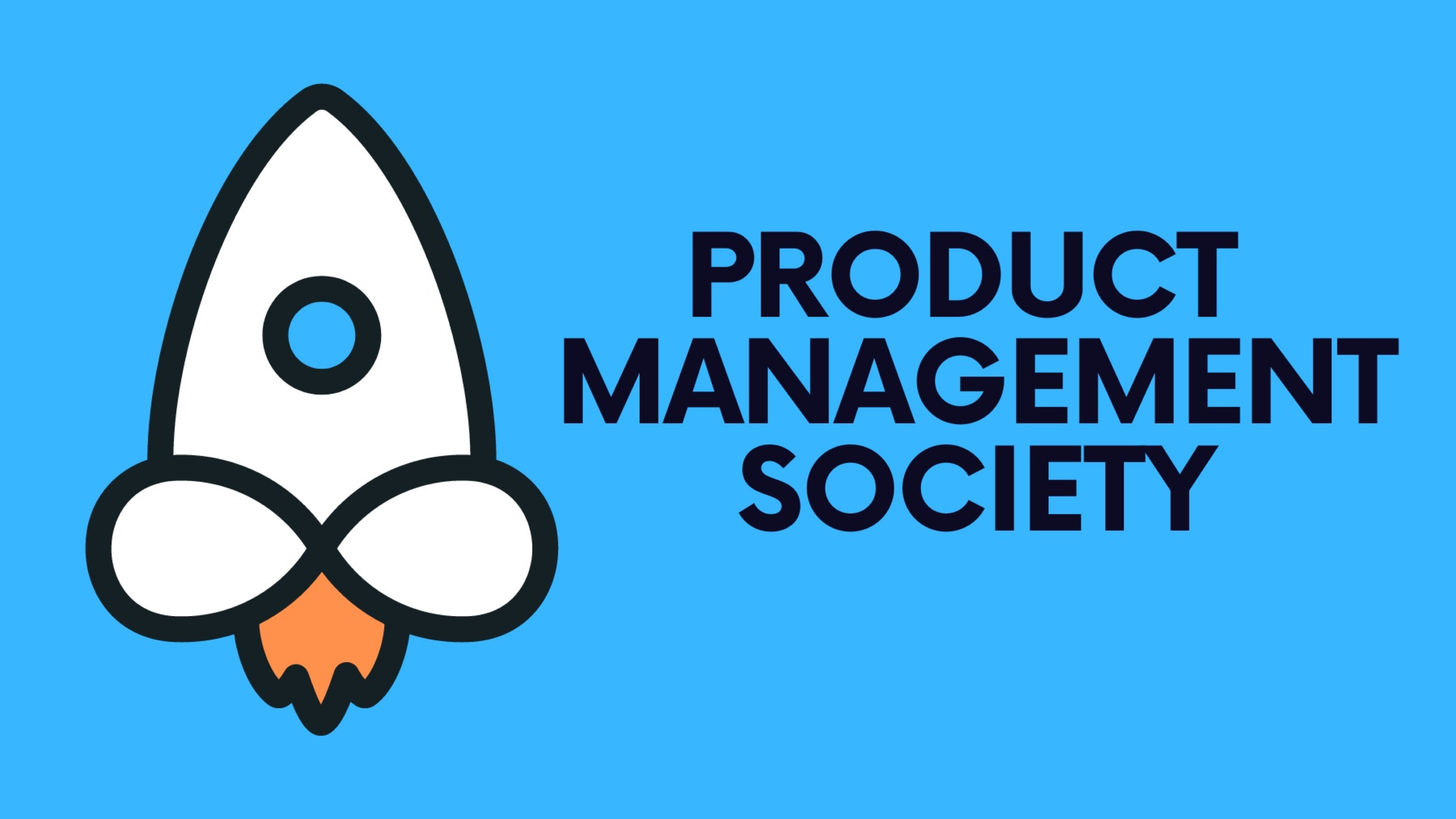The role of a product manager can vary significantly depending on the size and type of company. In startups, product managers often wear multiple hats, while in large corporates, they might specialize in more defined areas of the product lifecycle. Understanding these differences is crucial for product managers navigating their careers and for companies seeking to hire the right talent. This article explores the contrasting roles of product managers in startups versus large corporations, highlighting key responsibilities, challenges, and skills required in each environment.
1. Role in Startups
Broad Responsibilities:
- Product managers in startups often handle various functions—from product conception and market research to marketing strategies and customer support. Their role is highly dynamic, requiring them to be flexible and ready to tackle unexpected challenges.
Direct Impact:
- In a startup, the product manager's decisions can significantly impact the company's direction and success. This level of influence comes with high responsibility and the potential for substantial personal and professional growth.
Resource Constraints:
- Startups usually operate with limited resources. Product managers must be adept at working within these constraints, often needing to be more hands-on with tasks typically assigned to other specialists in larger companies.
Skills Needed:
- Versatility, entrepreneurial spirit, and the ability to think on one's feet are crucial. Strong problem-solving skills and the capacity to work effectively under pressure are also essential.
2. Role in Large Corporates
Specialized Functions:
- Unlike in startups, product managers in large corporations often have more specialized roles. They might focus on specific stages of the product lifecycle or on particular aspects of the product strategy, such as user experience, pricing, or scaling.
Structured Environment:
- Large companies typically offer a more structured environment. Product managers work within clearly defined roles and processes, with access to more resources and larger teams.
Cross-Functional Coordination:
- Product managers in corporations frequently act as the nexus among various departments, including engineering, marketing, sales, and customer support. Effective communication and coordination skills are vital to ensure that all parts of the organization are aligned with the product vision.
Skills Needed:
- Deep expertise in specific areas of product management, excellent organizational skills, and the ability to navigate complex bureaucracies are essential. Strategic thinking and stakeholder management are also key.
3. Common Ground and Unique Challenges
Common Goals:
- The fundamental goal for product managers remains the same in startups and large corporations: to deliver products that meet market needs and drive company success.
Unique Challenges:
- In startups, the challenge is to make a big impact with limited resources, often in a highly uncertain environment. The more significant challenge in large corporations is navigating the company's complexity and aligning various interests.
4. Navigating Career Transitions
From Startup to Corporate:
- Transitioning from a startup to a corporate environment requires adjusting to a specialized role and learning to navigate more complex organizational structures.
From Corporate to Startup:
- Moving from a corporate to a startup involves adapting to a broader role, increasing one’s tolerance for risk, and becoming comfortable with a high level of uncertainty.
Conclusion
The role of a product manager varies significantly between startups and large corporations. Understanding these differences can help product managers and companies make better career and hiring decisions. Whether in a nimble startup or a structured corporate setting, successful product managers adapt their skills and mindset to meet the specific needs of their environment.
Stay tuned for our next article, which will explore how to continue learning to keep your skills sharp as a product manager.
If you’re finding this newsletter valuable, consider sharing it with friends, or subscribing if you aren’t already. Also, consider coming to one of our Meetups and following us on LinkedIn ✨
Thanks for reading Product Management Society! Subscribe for free to receive new weekly posts 🚀







